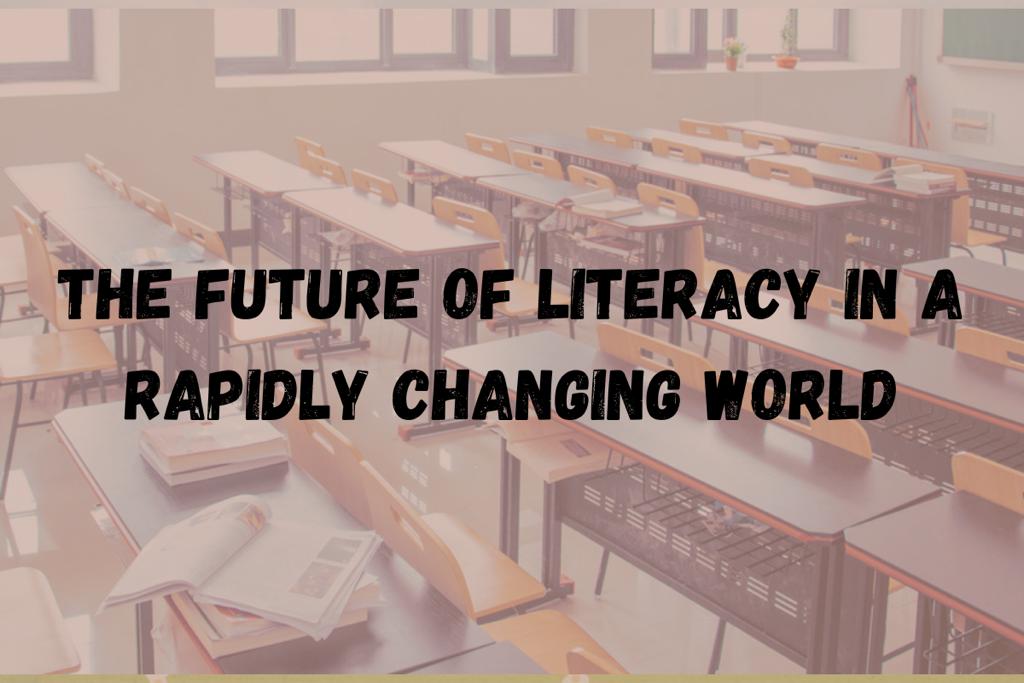The Future of Literacy in a Rapidly Changing World
By~ Scholar Planet
Created At: 08 Sep, 2023

In an era characterized by rapid
technological advancements, societal shifts, and an ever-evolving global
landscape, the future of literacy is at a crossroads. Literacy, once defined
primarily as the ability to read and write, has now expanded its boundaries to
encompass a broader set of skills that are crucial for navigating the complex
world of the 21st century.
The Evolving Definition of
Literacy
Traditionally, literacy was
confined to the mastery of the written word, but today's definition extends far
beyond reading and writing. In the future, literacy will encompass a wide range
of skills, including digital literacy, media literacy, information literacy,
and critical thinking. These new literacies are essential for individuals to
participate fully in our increasingly interconnected and information-driven
society.
Digital Literacy in the
Digital Age
With the internet becoming an
integral part of our daily lives, the ability to navigate digital platforms,
discern credible information from misinformation, and protect one's digital
identity is paramount. Digital literacy is about how to use technology
responsibly and ethically.
Media Literacy: Navigating the
Information Jungle
As information becomes more
abundant and accessible, media literacy will be a key skill in the future.
People will need to be adept at analysing media content critically, recognizing
biases, and discerning between reliable and unreliable sources. In a world
where fake news can spread like wildfire, media literacy will be a shield
against manipulation and misinformation.
Information Literacy: The
Ability to Learn Anything
Information literacy, closely
tied to research skills, will be vital in a world where knowledge is constantly
evolving. The ability to find, evaluate, and synthesize information from a
multitude of sources will enable individuals to adapt and thrive in their
personal and professional lives. This skill will be particularly crucial as new
technologies and industries emerge.
Critical Thinking: The Bedrock
of Future Literacy
Amidst the noise and rapid
changes, critical thinking will remain the bedrock of literacy. It's the
ability to analyse, evaluate, and make reasoned decisions. Critical thinkers
are not passive consumers of information; they are active participants in
shaping their own understanding of the world.
The Role of Education
The future of literacy will
heavily depend on the education system's ability to adapt and keep pace with
societal changes. Schools will need to prioritize the development of these new
literacies alongside traditional reading and writing skills. Educators will
play a pivotal role in nurturing students' ability to think critically, analyse
information, and use technology responsibly.
Lifelong Learning: A
Necessity, Not an Option
In the rapidly changing world,
the concept of education will extend far beyond formal institutions. Lifelong
learning will become a necessity for individuals to remain relevant in their
careers and engaged citizens. Accessible online courses, workshops, and
resources will empower people to continually update their skills and knowledge.
Hence, by
investing in these literacies, we can look forward to a future where
individuals are not just consumers of information but active participants in
shaping a more informed, connected, and empowered society.
